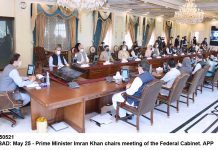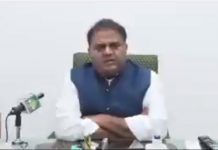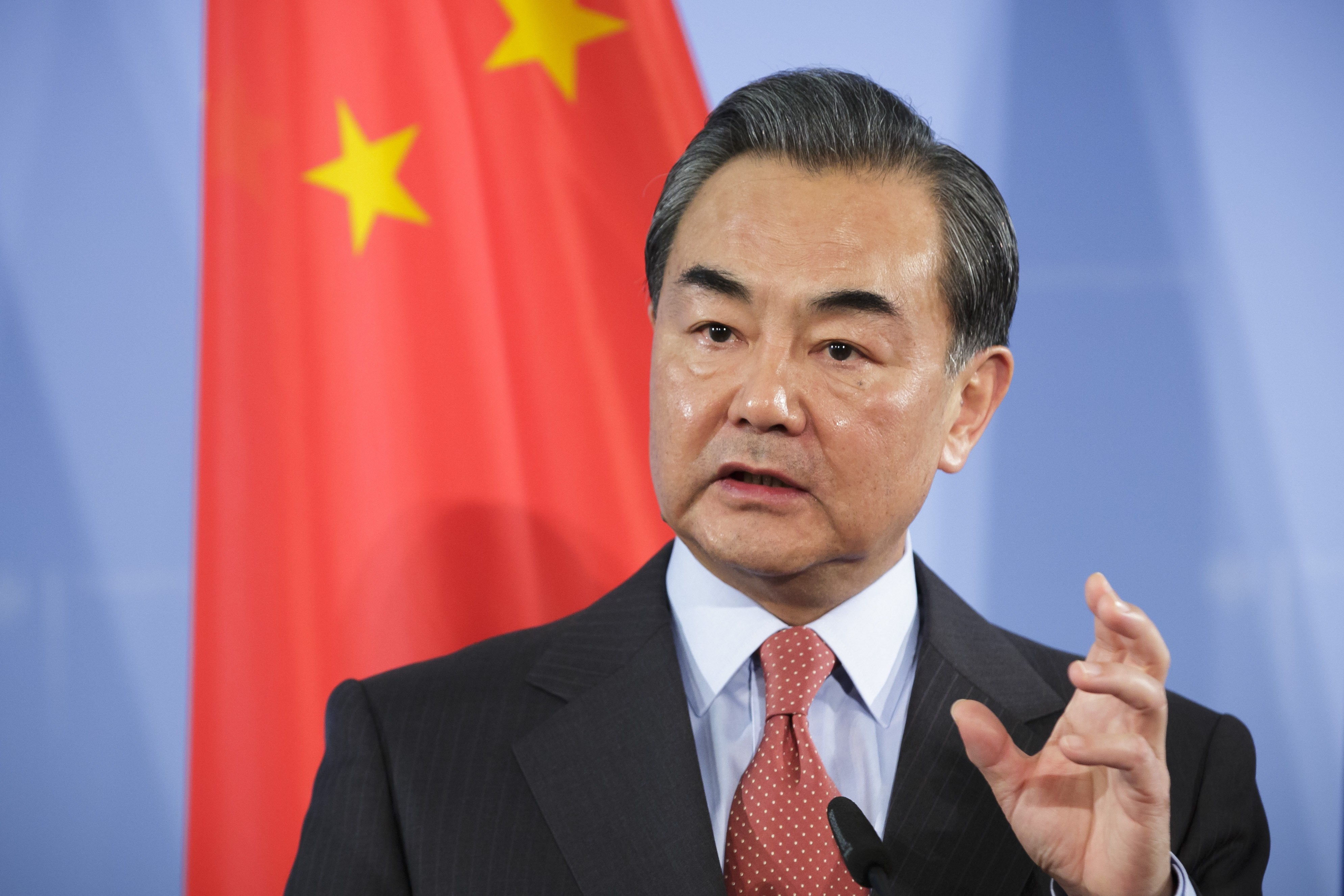مضمون کا ماخذ : NỔ HŨ
Sensitizing youth to foster interfaith harmony in society: Aneeq
Thursday, the caretaker Federal Minister for Religious Affairs, Aneeq Ahmed, underscored the need to educate youth to promote interfaith harmony in society. He was addressing a seminar titled “Religious Minorities and Interfaith Harmony, Social Tolerance in Pakistan”, organised by the Ministry of Religious Affairs and Interfaith Harmony in collaboration with NED University of Engineering and […]
Thursday, the caretaker Federal Minister for Religious Affairs, Aneeq Ahmed, underscored the need to educate youth to promote interfaith harmony in society.
He was addressing a seminar titled “Religious Minorities and Interfaith Harmony, Social Tolerance in Pakistan”, organised by the Ministry of Religious Affairs and Interfaith Harmony in collaboration with NED University of Engineering and Technology as part of efforts aimed at sensitising youth in higher educational institutions.
Religious scholars, academicians, and intellectuals addressed the seminar and stressed cultivating and nurturing virtues of tolerance, tranquillity, and respect for each other̵7;s beliefs.
Federal Minister Aneeq Ahmed said that love for religion was a part of life for every Muslim in the world, and their hearts were filled with utmost love for Allah, His Rasool SAW, Quran and Islam, which could not be vitiated.
“Our hearts are the abode of Allah, and there should be no space for impurities like envy, prejudice, hatred and violence,” he remarked.
A person who loves and reveres the Quran should also comprehend and follow its message that emphasises the dignity of human life and declares the murder of an individual as the assassination of all humanity and protecting human life as saving humanity, he argued.
All Pakistanis, irrespective of their religion and beliefs, were guaranteed equal rights under the constitution, adding that the Pakistani nation lived in harmony in a culture embedded with values of peaceful coexistence, tolerance and mutual respect.
Economic turbulence, low literacy rate, poverty and other factors have been affecting the social fabric of the society, and extremism has found a way to sneak in; he observed and said that strengthening the economy was among the core responsibilities of the state.
Aneeq Ahmed recalled that after the occurrence of the unfortunate incident of Jaranwala, the entire Muslim population of the surroundings reached for the help of the affected Christian community along with Ulema and state functionaries, and even doors of Masajid were opened to provide shelter to the affected families.
He further said that incidents like Jaranwala would not be tolerated as they were against the spirit of Islam, and the law was in place to deal with the perpetrators.
The Minister urged that in this era of disinformation, people must verify if they hear about any such happening that hurts their religious sentiments and act cautiously instead of taking the law in hand by resorting to vehement reaction and violence.
The Minister commended the role of society and Ulema for raising voices against intolerance in society and said that mass awareness events on interfaith harmony are being organised in universities and Masajid, and we need to arrange such events in places like churches.
The sight of a vibrant and talented young generation reinforces our belief that the future of Pakistan is bright and glowing, Aneeq Ahmed said and urged the students to collect the pearls of wisdom and disseminate light of intellect in the society.
Cardinal Joseph Coutts, Cardinal Pope of the Vatican at Archdiocese of Karachi, said that everyone has their own identity and every society must be inclusive and harmonious to live in an environment of peaceful coexistence. He also prayed that this harmony would always prevail in Pakistan.
Notable religious scholar Muhtamim Darul Uloom Naeemia Mufti Muneeb-ur-Rehman stated that there was no concept of forced conversion of religion in Islam. Instead, it was an unacceptable act.
Investigation and inquiry must be made in the reported cases of forced conversions, he said and assured his assistance in any case of repression or forced conversion.
Mufti Muneeb ur Rehman said that it was our moral demand that the religious sanctity of our religion must not be violated, and no one should be allowed to take the law into their hands.
Renowned scholar and former Council of Islamic Ideology member Dr. Mohsin Naqvi said that injustice and foul playing create intolerance in society. He added that emotional aspects of religion should go hand in glove with the intellectual elements.
Taking part in the discussion, Bishop of Karachi and Balochistan Diocese Bishop Fredrick John said that words influence our behaviour, so we must change specific terminologies to remove negativity from our minds.
Patron in chief of Pakistan Sikh Council, Sardar Ramesh Singh, Member Sindh Public Service Commission Advocate Kalpana Devi, and representative of the Bahai community Khan Ahsa Imam said that Pakistan was a country where every religion had equal rights to perform rituals without fear and hindrance.
Dr. Sarosh Hashmat Lodhi, in his presidential remarks, said that not a single religion or faith professes violence and extremism because love for humanity is the core objective of every religion.
He said that Islam was the universal religion and a complete code of life, and all its followers needed to comprehend the teachings of Islam, the most tolerant religion in the world.











